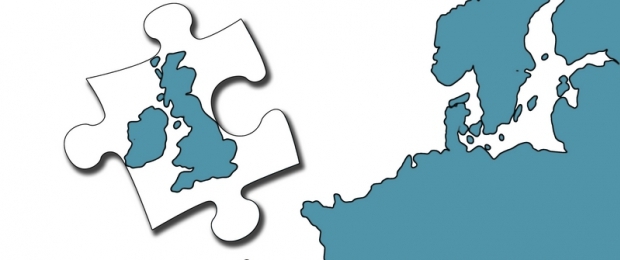
Making EU allies
The Government should seek to protect the City, but went about it the wrong way at the Brussels summit.
Sir, Camilla Cavendish's article on the City and the EU (“France defends farmers: we must save the City”, Dec 15) contains much common sense.
There is a risk that EU regulations — decided by qualified majority voting — could damage this vital national interest. But she is wrong that the Spanish, French and Germans have vetoes on, respectively, fishing, the Common Agricultural Policy and their car industry. Those countries have no formal veto on those issues. The other governments are merely reluctant to outvote them on their vital national interests. The same applies to the City: Britain has never been outvoted on any financial regulation that it considers important.
The Government should seek to protect the City, but went about it the wrong way at the Brussels summit. It asked for a protocol to switch some sorts of decision-making on financial regulation from majority voting to unanimity, thereby giving Britain a veto. That was unacceptable to all our partners: other countries would then ask for opt-outs from regulations that bothered them. Britain should instead have asked for an “emergency brake”, which allows a government to kick a contentious issue up to the European Council, thereby delaying a decision.
The key to protecting the City from harmful regulation is the ability to put together a “blocking minority”. For that, one needs friends. Now that 26 (or fewer) countries will be meeting in their new inter-governmental club, perhaps caucusing on financial regulation, it may be harder for Britain to find allies. Its priority should therefore be to build alliances.
